Are you dream searching for someone? It’s possible that your subconscious is trying to tell you something. Uncovering the hidden meanings of your dreams can provide insight into your innermost thoughts and desires. In this article, we’ll explore the symbolism behind dreams about searching for someone and how to use your dreams as a guide to your own personal growth. By understanding the hidden messages in your dreams, you can better understand yourself and make decisions that are based on your true feelings.
Meaning of Dream Searching for Someone
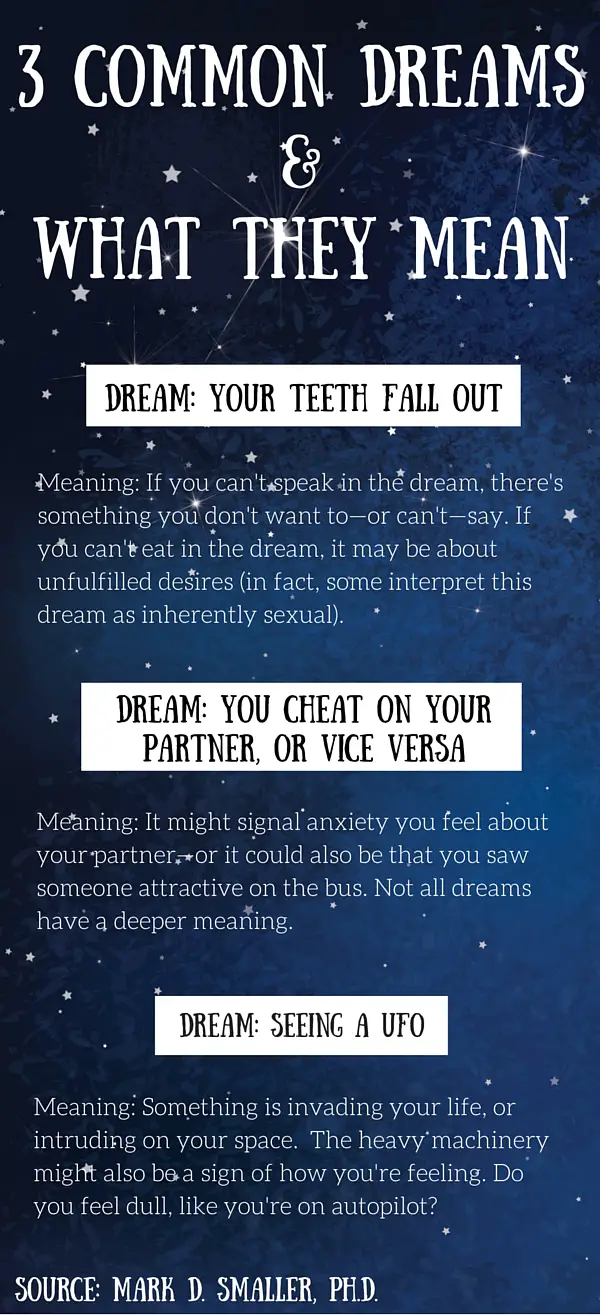
- Dreams of searching for someone could be a sign of a desire for companionship, love or connection.
- It could also symbolize a search for answers or a solution to a problem.
- The dream could also be an expression of longing for a lost loved one.
- It could also represent a desire for more control or power in one’s life.
- The dream could be a sign of feeling lost, frustrated or overwhelmed in life.
- It could also symbolize a need to be more independent and self-sufficient.
Common Themes

| Theme | Description |
|---|---|
| Love | Dreams of searching for someone often represent the search for love and companionship. |
| Adventure | Dreaming of searching for someone can also represent a desire for adventure and new experiences. |
| Purpose | The search for someone can also represent a search for purpose and identity. |
| Growth | Dreams of searching for someone can also reflect the need for personal growth and development. |
| Success | Finally, the search for someone may symbolize a desire for success or recognition. |
Common Symbols

Dreams often contain symbols, or recurring themes, that have a deeper meaning to the dreamer. Common symbols that appear in dreams of searching for someone include: a fog or mist, a crowd of people, a door, a path, a maze, a mirror, a key, a rope, a window, and a tree.
The presence of fog or mist in a dream indicates confusion and a lack of clarity in life. A crowd of people could suggest a feeling of being overwhelmed in life. A door may represent a new opportunity or the opening of a new path. A path may symbolize a journey or a decision that needs to be made.
A maze in a dream is often a sign of feeling lost or confused in life. A mirror may suggest inner reflection and the need to look within. A key could represent the need to unlock a hidden truth or to gain access to something. A rope may represent the need to hold on or be careful.
A window could symbolize a chance to see the bigger picture or gain a broader perspective. A tree may suggest growth and development. Symbols in dreams can also appear in the form of animals or objects, and each one has its own meaning that needs to be interpreted.
Types of Dreams

Dreams can be divided into three main categories: daydreams, nightmares, and regular dreams. Daydreams are light and often positive, often involving pleasant scenarios or happy thoughts. Nightmares are often frightening, and can involve dangerous or traumatic scenarios. Regular dreams involve a variety of scenarios that may be pleasant, unpleasant, or neutral. All three types of dreams can be explored in dream searching.
Nightmares

Dream searching for someone can sometimes lead to nightmares. Nightmares are a type of dream that can be very disturbing and frightening. They can involve frightening imagery such as violence, natural disasters, death, or feelings of danger or dread. Nightmares are often associated with intense fear and feelings of helplessness. The fear may be so intense that it wakes the dreamer from sleep. In some cases, the fear may persist even after waking. Nightmares can have a significant impact on the dreamer’s mental and emotional health, causing anxiety, distress, and difficulty sleeping.
Daydreams
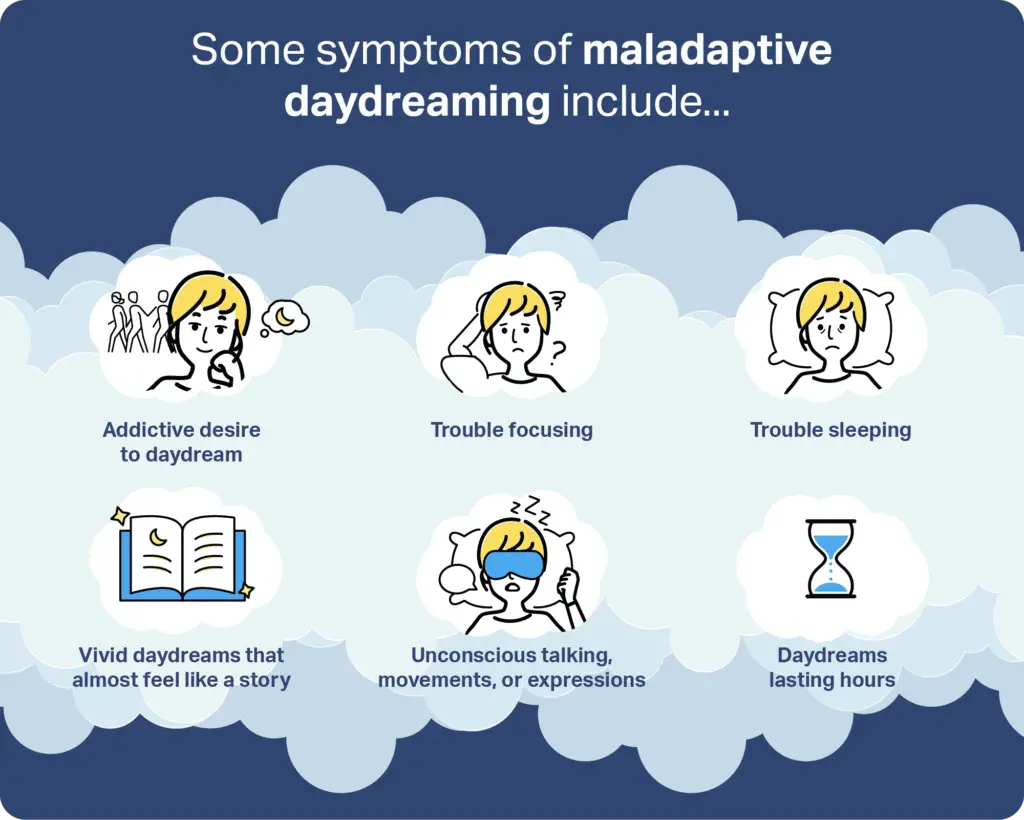
- Imagining a perfect life together with your desired one.
- Daydreaming about the future and how much fun it will be.
- Thinking of the perfect words to say to get attention.
- Visualizing the first kiss and all the butterflies it will bring.
- Creating a fantasy of how it would feel to be in a relationship.
- Dreaming of the moment when your eyes meet and the connection is made.
- Creating a perfect world of love and joy.
- Having a vision of the first date and what it will bring.
- Living in a dream of being together forever.
Lucid Dreams

- A lucid dream is a dream in which the dreamer is aware that they are dreaming.
- In lucid dreams, the dreamer has a sense of control over their environment and actions, and can explore and learn from the dream world.
- Lucid dreaming can be used to overcome nightmares, to explore the subconscious mind, and to make creative decisions.
- Lucid dreams can also be used to search for someone, as the dreamer has a greater sense of control over their environment and can search more effectively than in a normal dream.
- Lucid dreaming can be induced through various techniques, such as meditation, hypnosis, visualization, or using lucid dream induction devices.
Psychological Implications
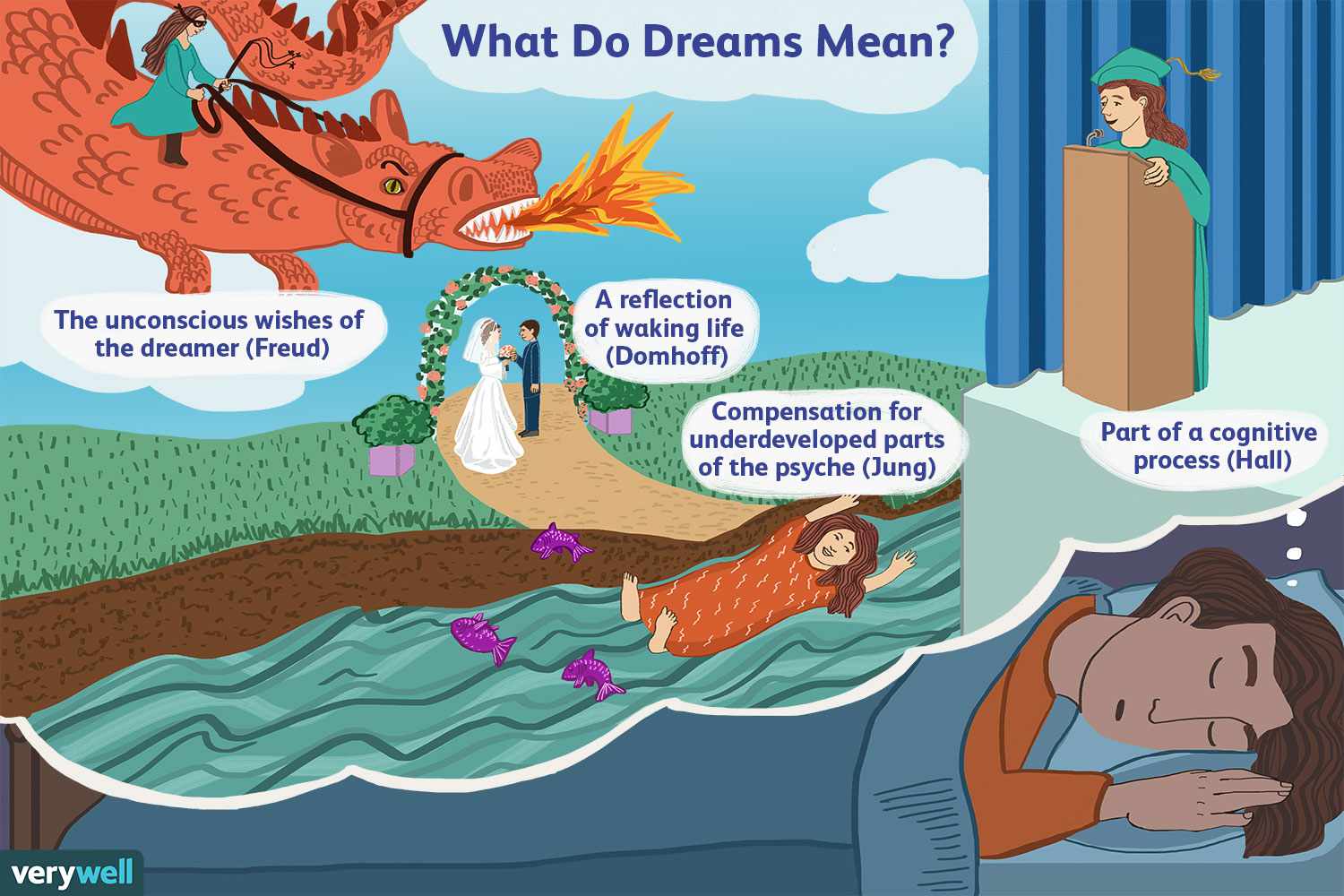
Dreaming of searching for someone can be an indication of feeling lost and confused in life. It could be a sign of a lack of direction and purpose, or feeling overwhelmed by life in general. Alternatively, the dream could symbolize a desire for connection and understanding. The dreamer may be longing for a relationship with someone who understands and can provide emotional support. The dream could also be related to feelings of insecurity and a need for reassurance. The dreamer may be seeking a sense of comfort, safety, and security that is missing in their life.
Unresolved Longing and Loss
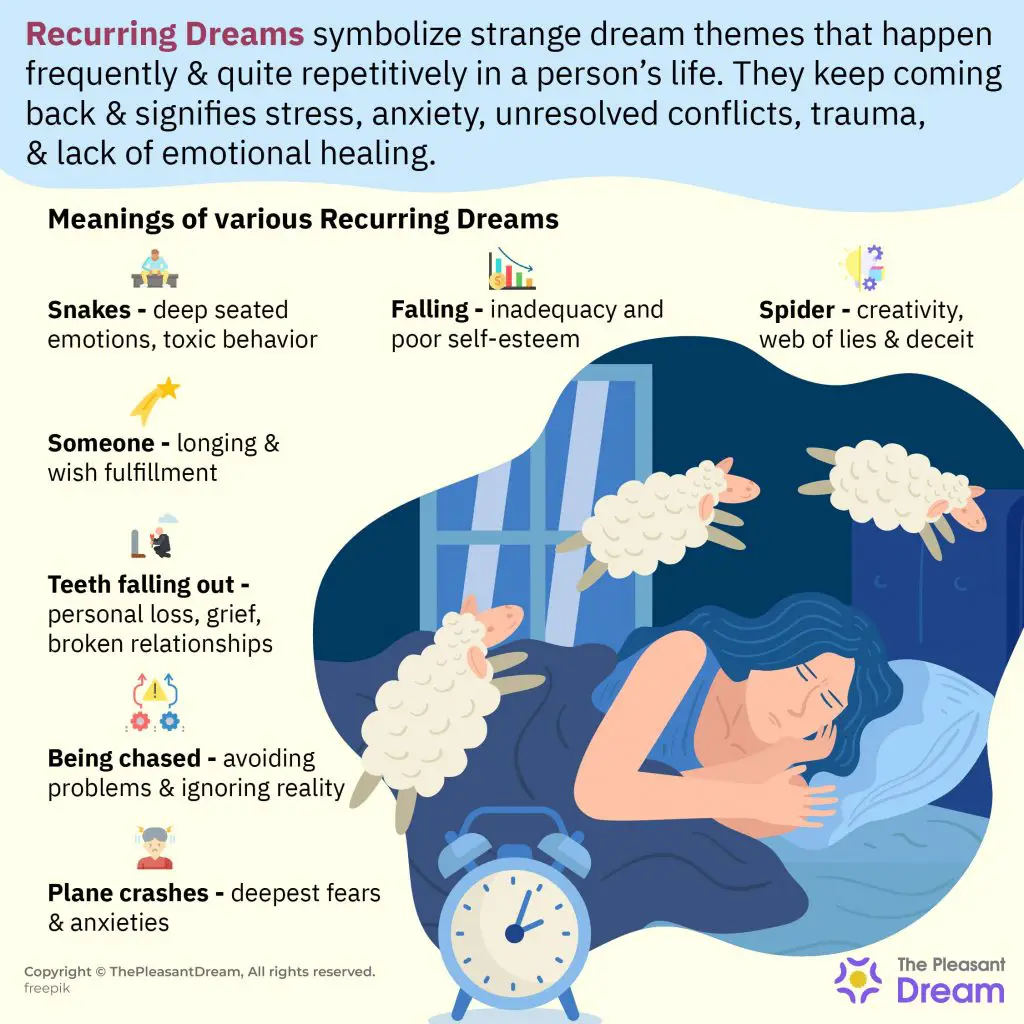
| Longing | Loss |
|---|---|
| Unresolved longing is a feeling of intense desire for something, which is usually unattainable or out of reach. This longing can be for a person, a place, or an experience that is lost in time. | Loss is the feeling of grief or sorrow from a person, place, or experience that has been taken away. Loss can be experienced after the death of a loved one, the ending of a relationship, or the passing of a cherished moment. |
Loss and longing can be deeply intertwined and can manifest in many ways. Both emotions can be overwhelming and can lead to feelings of sadness and despair. Longing can also lead to feelings of hope, as the desire for something that can not be attained can sometimes give us a sense of optimism.
Unfulfilled Desires

| Desire | Reason for Unfulfillment |
|---|---|
| Career Success | Lack of opportunity |
| Financial Stability | Poor employment prospects |
| Romantic Relationship | Fear of rejection |
| Travel Experiences | Insufficient funds |
| Social Acceptance | Shyness and insecurity |
Unfulfilled desires can be a source of great frustration. It may be difficult to cope with the disappointment of not achieving the life you have always dreamed of. The lack of opportunity, poor employment prospects, fear of rejection, insufficient funds and shyness can all be factors that prevent one from achieving the goals they have set out for themselves. The key is to recognize the causes of these unfulfilled desires and to create a plan to address them. With perseverance and determination, it is possible to turn these unfulfilled desires into realities.
Unconscious Processes
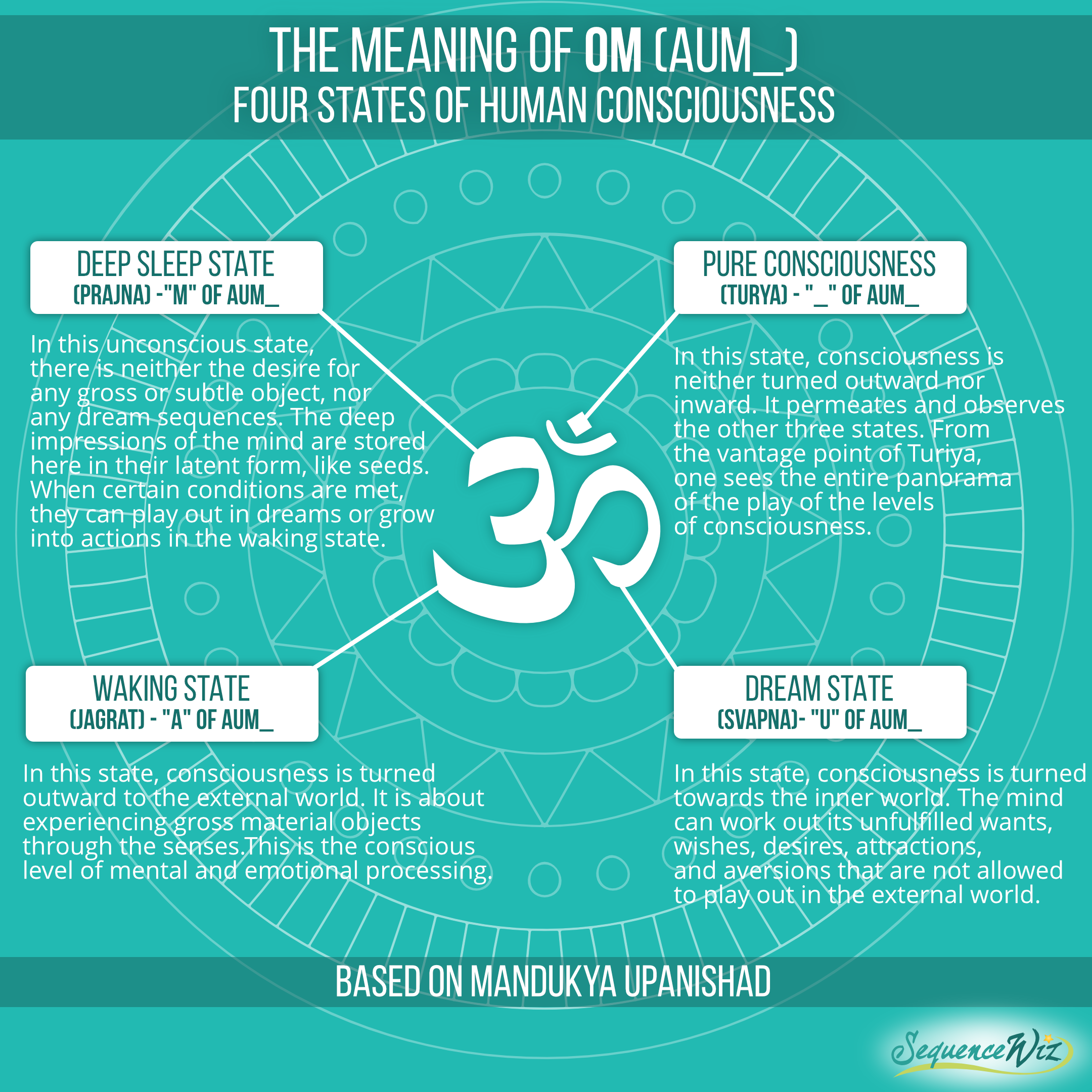
- Dreams are a manifestation of our unconscious desires, thoughts, and feelings.
- Dreams can be a symbolic representation of our wishes, fears, or even a way to express repressed emotions.
- Dreams can reveal hidden aspects of ourselves, from our hopes and fears to our ambitions and deepest desires.
- Dreams can also act as a form of problem-solving, allowing us to work through issues or conflicts that we may not be conscious of.
- Dreams can also provide us with insight into our unconscious motivations and behavior.
- In some cases, dreams can even be precognitive, allowing us to anticipate future events or gain insight into our lives.
Social Implications
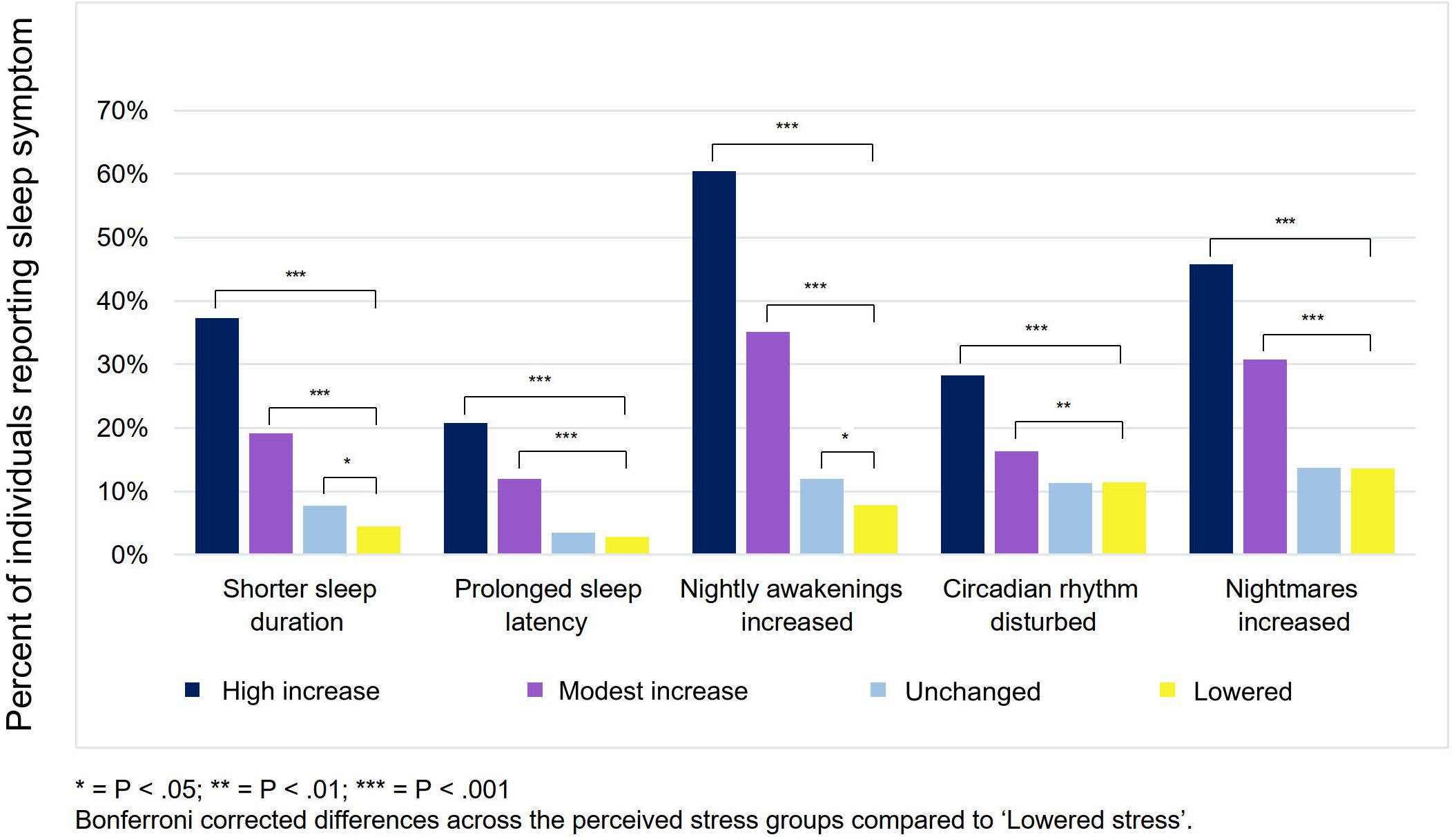
Dreaming of searching for someone can be a sign of feeling lost and disconnected from the world around you. It can also represent feelings of loneliness or alienation. You may feel as if you are not understood or accepted by others. In some cases, it could be a sign of a desire to find a romantic partner or to reconnect with someone from your past. Alternatively, it could symbolize a need for emotional support and guidance. Whatever the cause, it is important to recognize the underlying feelings behind the dream and seek out appropriate support.
Difficult Relationships

- Lack of communication
- Lack of trust
- Unfulfilled expectations
- Misunderstandings
- Inability to resolve conflicts
- Power struggles
- Inability to compromise
- Jealousy and possessiveness
- Criticisms and insults
- Fear of intimacy
- Controlling behavior
Difficult relationships can be characterized by a combination of the above issues. These can lead to feelings of resentment, anger, and despair. In such cases, it is important to seek professional help in order to resolve the issues and to create a healthy and fulfilling relationship.
Unmet Needs
| Need | Explanation |
|---|---|
| Love | The need to be loved and accepted by others. |
| Belonging | The need to feel accepted and part of a group. |
| Security | The need to feel safe and secure in relationships. |
| Self-Esteem | The need to feel valued, worthy and respected. |
| Significance | The need to be important and make a difference. |
| Understanding | The need to be understood and appreciated. |
| Growth | The need to grow and become a better version of oneself. |
| Connection | The need to connect with others and build meaningful relationships. |
| Independence | The need to feel free and in control of one’s life. |
| Recognition | The need to be noticed and have one’s accomplishments acknowledged. |
Unmet needs can cause people to feel unfulfilled and unhappy in their lives. It is important to recognize and address unmet needs in order to feel content and fulfilled.
Search for Connection

Dreaming of someone can reflect a longing for connection and a fear of being alone. It can be a sign of an emotional void, a need for comfort, or a desire to be loved or accepted. If the dreamer is actively seeking a relationship or trying to make a connection with someone in real life, it could be a sign of hope and motivation. Alternatively, it could be a sign of insecurity and a lack of confidence in the ability to make connections. It could also be a sign of a desire to make up for past mistakes or to find closure. Dreams can also be a sign of a wish to go back in time, to find someone from the past, or to make a connection with a lost loved one.
Spiritual Implications
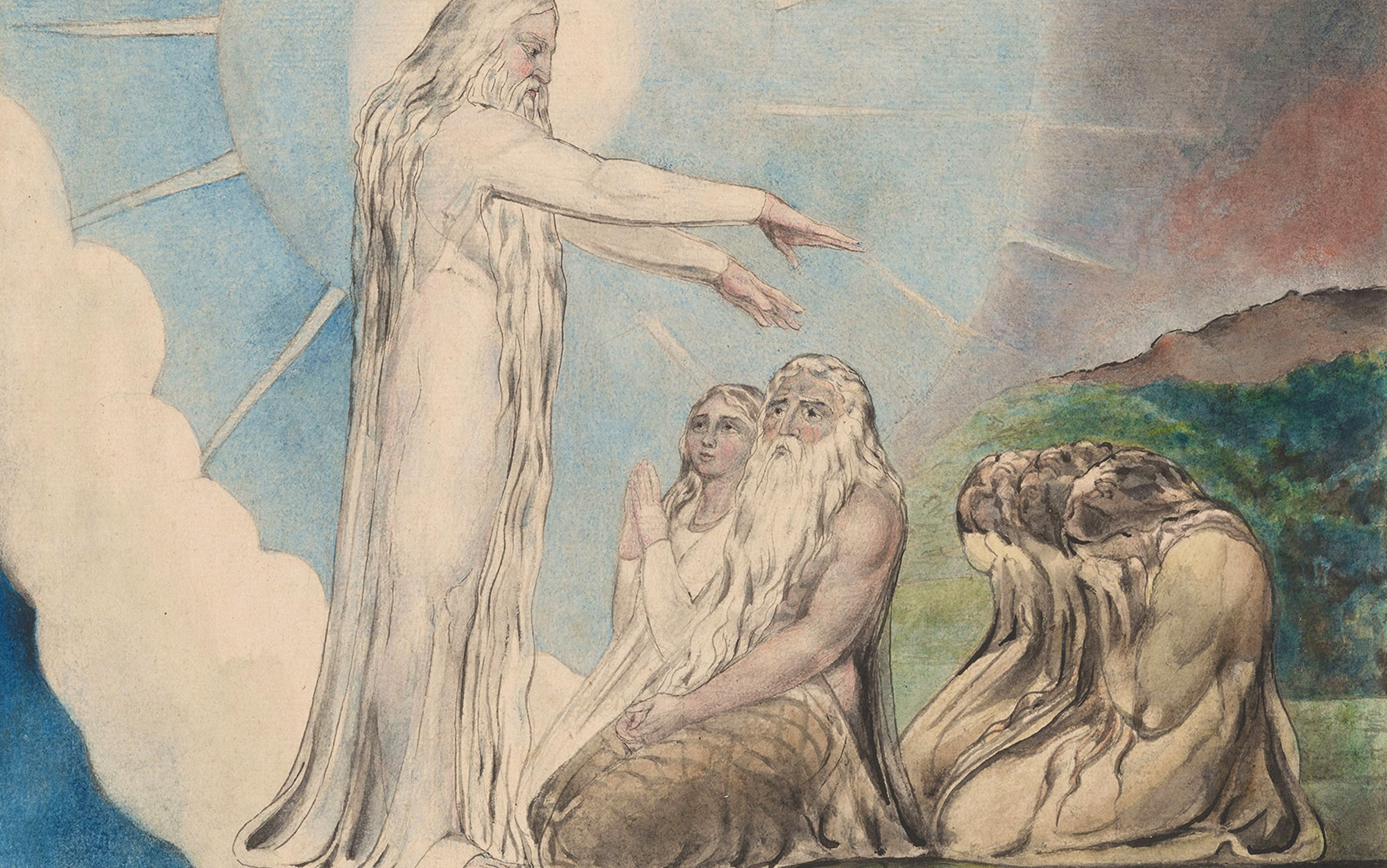
Dreams can be interpreted in many ways and can provide insight into our subconscious thoughts and feelings. In the context of dream searching for someone, the spiritual implications may involve a deep connection between the dreamer and the person being searched for. This connection may involve a spiritual bond or a past life connection. It can also suggest a feeling of longing or yearning that the dreamer feels towards the person being searched for.
The dream may also signify that the dreamer is searching for something in their life that they are missing. This could be a spiritual connection, a deeper understanding of themselves, or something else. The dream may suggest that the dreamer is seeking a deeper meaning or purpose in their life.
Finally, the dream may be a sign of the dreamer’s spiritual growth. It could be a sign that they are starting to become more aware of themselves and their spiritual journey, and that they are searching for a way to find more meaning and purpose in their life.
Journey of the Soul

| Stage | Description |
|---|---|
| Release | The soul releases itself from the body and moves into the afterlife. |
| Revelation | The soul is revealed to its true nature and realizes its spiritual identity. |
| Awakening | The soul begins to awaken to its potential and purpose in the afterlife. |
| Transformation | The soul undergoes a spiritual transformation, gaining new knowledge and wisdom. |
| Reunion | The soul is reunited with its loved ones in the afterlife. |
| Eternity | The soul begins its eternal journey in the afterlife. |
The journey of the soul is a profound and mysterious experience. It is an individual’s ascension from the physical world into the spiritual realm. During this journey, the soul undergoes several stages, each of which is characterized by a particular experience. The stages are as follows: release, revelation, awakening, transformation, reunion, and eternity. During the release stage, the soul releases itself from the body and moves into the afterlife. In the revelation stage, the soul is revealed to its true nature and realizes its spiritual identity. During the awakening stage, the soul begins to awaken to its potential and purpose in the afterlife. In the transformation stage, the soul undergoes a spiritual transformation, gaining new knowledge and wisdom. In the reunion stage, the soul is reunited with its loved ones in the afterlife. Finally, in the eternity stage, the soul begins its eternal journey in the afterlife.
Self-Exploration

| Pro | Con |
|---|---|
| Encourages self-reflection | Can take a lot of time |
| Can lead to self-discovery | Can be a daunting task |
| Improves mental and emotional health | Can be emotionally draining |
Self-exploration is an important part of dream searching for someone. It can be a daunting task as it requires time and effort to reflect on one’s values, beliefs, and motivations. However, the benefits far outweigh the cons. Self-exploration encourages self-reflection which in turn can lead to self-discovery. It also improves mental and emotional health by helping to identify what matters most to an individual.
Universal Wisdom
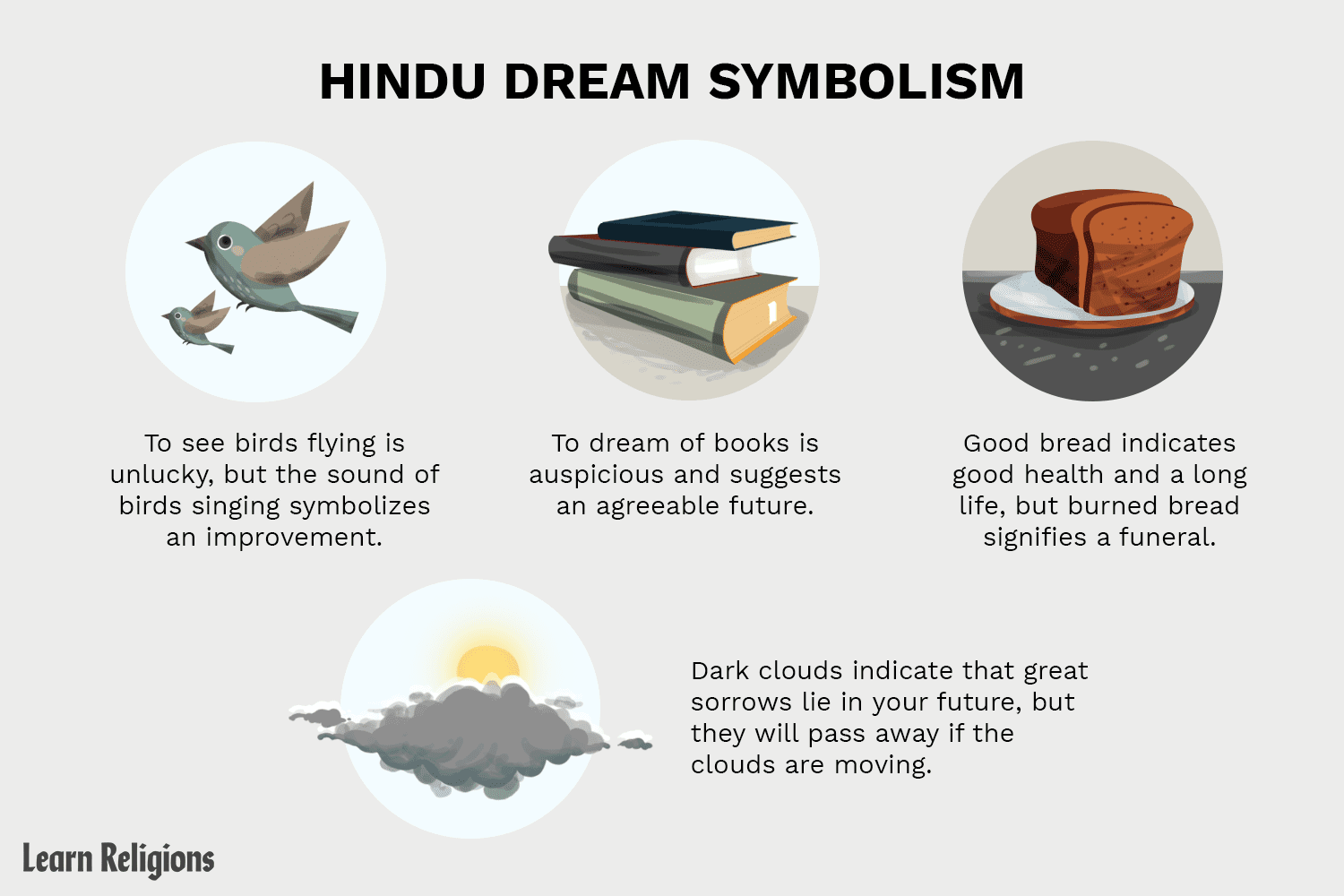
| Wisdom | Explanation |
| The present moment is all you have | The past is gone, the future is unknown, so it is important to be present in the present and make the most of it. |
| Everything is connected | It is important to remember that the entire world is one interconnected system and that everything you do affects the world in some way. |
| Change is inevitable | Everything is constantly changing and evolving, so it is important to be flexible and able to adapt to new situations. |
| You are responsible for your own actions | It is important to take full responsibility for your actions and their consequences, as no one else can truly understand the choices you make. |
| There is beauty in simplicity | Sometimes the best solutions are the simplest ones, and it is important to recognize the beauty and power in simplicity. |
| Life is a journey | Life is not a destination, but a journey. It is important to enjoy and appreciate the journey, as well as prepare for the future. |
| Seek knowledge | It is important to seek knowledge and understanding in order to grow and reach your full potential. |
Cultural Considerations
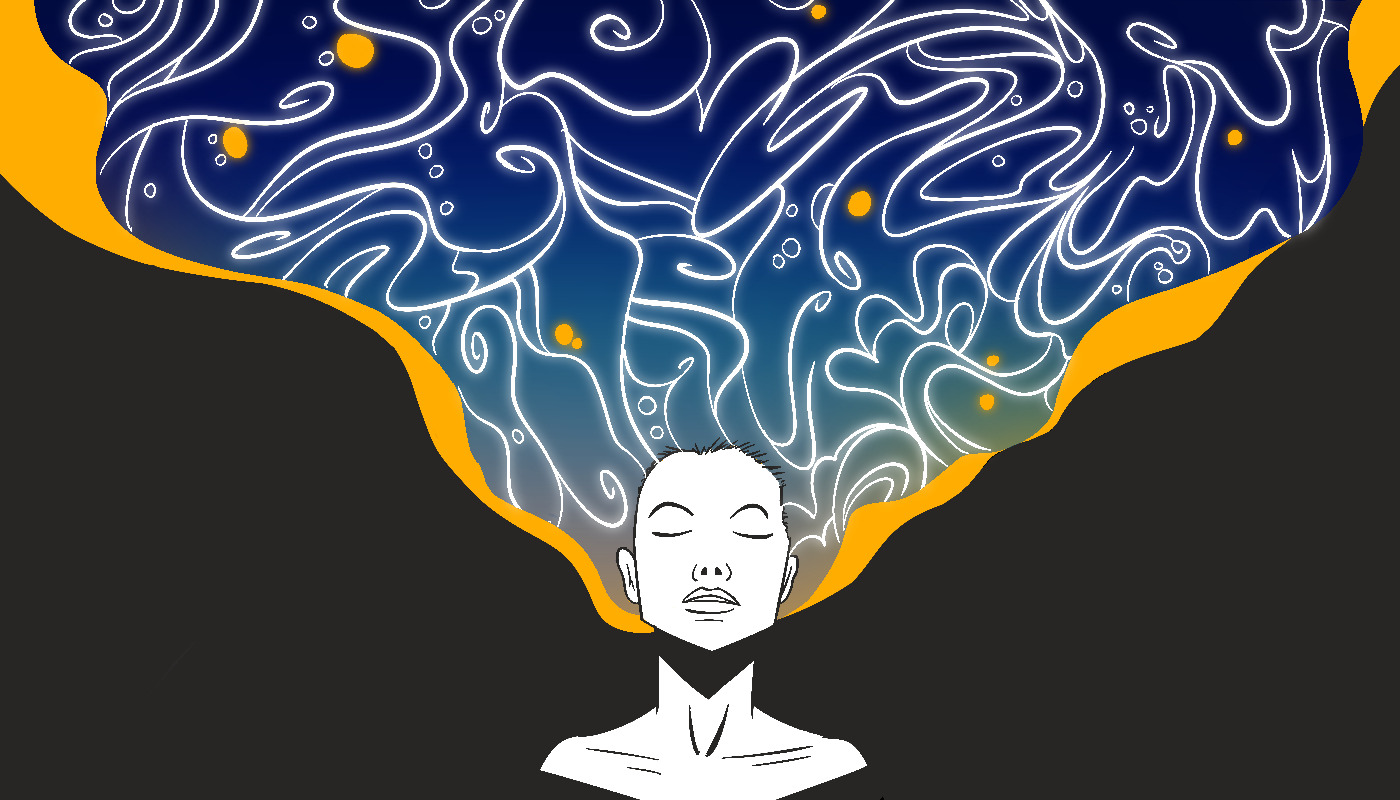
- When searching for someone, it is important to consider cultural differences and the potential impact these might have.
- Be aware that people from different cultures may have different expectations and values.
- Be mindful of language barriers and take the time to learn the relevant cultural norms before engaging with someone from a different culture.
- Be respectful of religious and spiritual beliefs and practices when interacting with someone from a different culture.
- Be mindful of the potential for cultural misunderstandings and be prepared to address these should they arise.
- Be aware of different cultural traditions and taboos and be respectful of them.
- Be aware of the different ways in which people from different cultures communicate and be prepared to adjust your own communication style.
Cultural Norms

Dream searching for someone is an act that is subject to cultural norms and expectations. In some cultures, dreaming of a partner symbolizes potential future relationships and can be seen as a sign of good luck. In other cultures, dreaming of someone may be seen as a sign of impending misfortune or tragedy. Depending on the culture, dreaming of someone may be seen as a sign of respect and admiration, or as a sign of disrespect and inappropriate behavior. It is important to be aware of the cultural norms of the society in which one is dreaming in order to interpret the dream accurately.
Cultural Interpretations
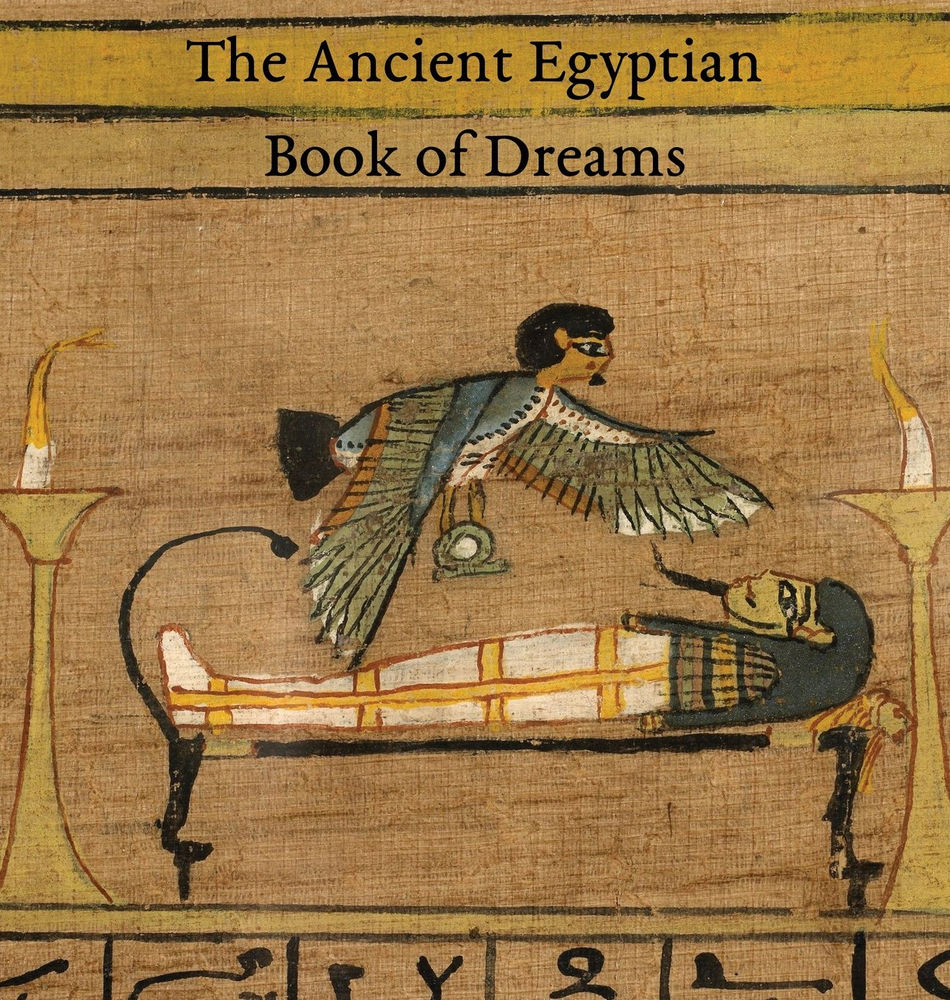
| Culture | Interpretations |
|---|---|
| African | Dreaming of searching for someone symbolizes a search for one’s true purpose in life. |
| Chinese | Dreaming of searching for someone symbolizes a journey to a distant place. |
| Hindu | Dreaming of searching for someone symbolizes an exploration of one’s own inner self. |
| Islamic | Dreaming of searching for someone symbolizes an attempt to find a solution to a difficult problem. |
Cultural Differences
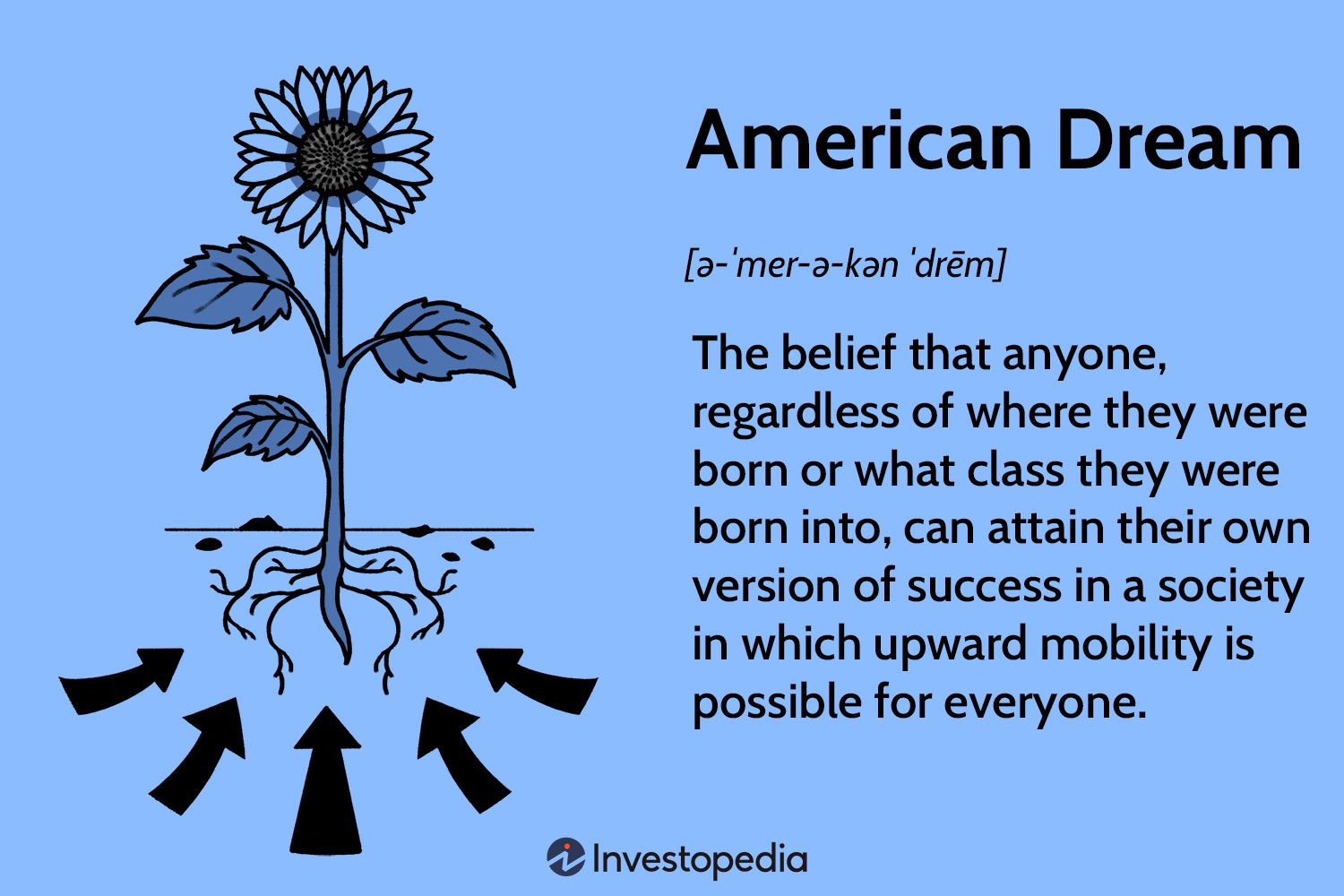
- Different cultures have different ideas of what is attractive in a partner, from physical attributes to a sense of humor.
- Different cultures have different values surrounding marriage and commitment. For example, in some cultures, marriage is seen as a union between two families, while in others, it is more of an individual choice.
- Different cultures have different expectations for relationships, from how much time should be spent together to how much time should be spent apart.
- Different cultures have different ways of expressing love, from physical affection to verbal communication.
- Different cultures have different views on pre-marital sex, with some cultures believing it is okay and others believing it is taboo.
- Different cultures have different expectations for gender roles, with some cultures believing in traditional roles and others believing in more egalitarian roles.
- Different cultures have different views on divorce, with some cultures believing it is acceptable and others believing it is frowned upon.
Spiritual Practices for Interpreting Dreams
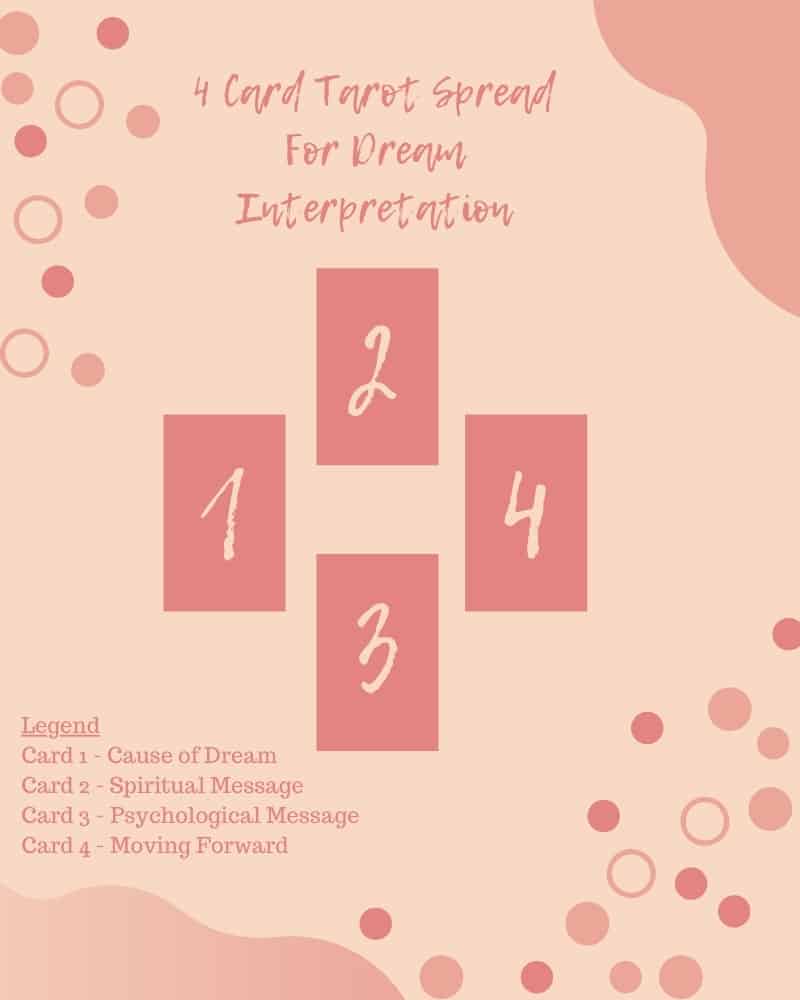
Dreams can be a way of connecting with the spiritual realm. A variety of spiritual practices can be used to help interpret the meaning of dreams. Examples of spiritual practices for interpreting dreams include dream journaling, lucid dreaming, visualization, and dream incubation.
Dream journaling is a practice of writing down the contents of a dream in order to better understand its meaning. Writing down the dream can help to uncover patterns and symbols that may provide insight into the dream’s message.
Lucid dreaming is the practice of becoming aware that one is dreaming while still in the dream state. This can help to gain control of the dream and gain insight into the dream’s message.
Visualization is the practice of using focused mental imagery to evoke a dream state. It can be used to gain insight into the dream’s meaning by visualizing the dream in its entirety and exploring its symbolism.
Dream incubation is the practice of setting an intention before sleeping to receive a dream with a certain message. It can be used to invite a dream with a particular meaning or to seek guidance on a particular issue.
By combining these spiritual practices, one can gain a greater understanding of the deeper meaning of their dreams. By engaging in these practices, one can gain insight into the spiritual realm and gain a greater understanding of their life’s purpose.
Meditation

- Establish a comfortable posture, either sitting in a chair or on the floor.
- Close your eyes and take a few deep breaths.
- Focus your attention on your breath and observe the sensation as you inhale and exhale.
- If you find yourself distracted, gently bring your attention back to your breath.
- Once you have a sense of calm, think of the person you are looking for.
- Visualize them in your mind, and imagine feeling their presence.
- Speak to them in your mind, and ask them to come to you.
- Bring your awareness back to your breath, and sit in stillness.
- Stay in meditation for as long as you like.
Journal Writing

- It helps to gain clarity about your thoughts, feelings and emotions.
- It increases your self-awareness and understanding of yourself.
- It helps to identify patterns and behaviours that have been holding you back.
- It provides an outlet to express difficult emotions in a safe and private space.
- It helps you to gain insight into what is important to you.
- It can help you to make sense of your life and your place within it.
- It can help to increase your motivation and focus.
- It can help to reduce stress and anxiety.
- It can help you to stay connected to your dreams and goals.
Dream Interpretation
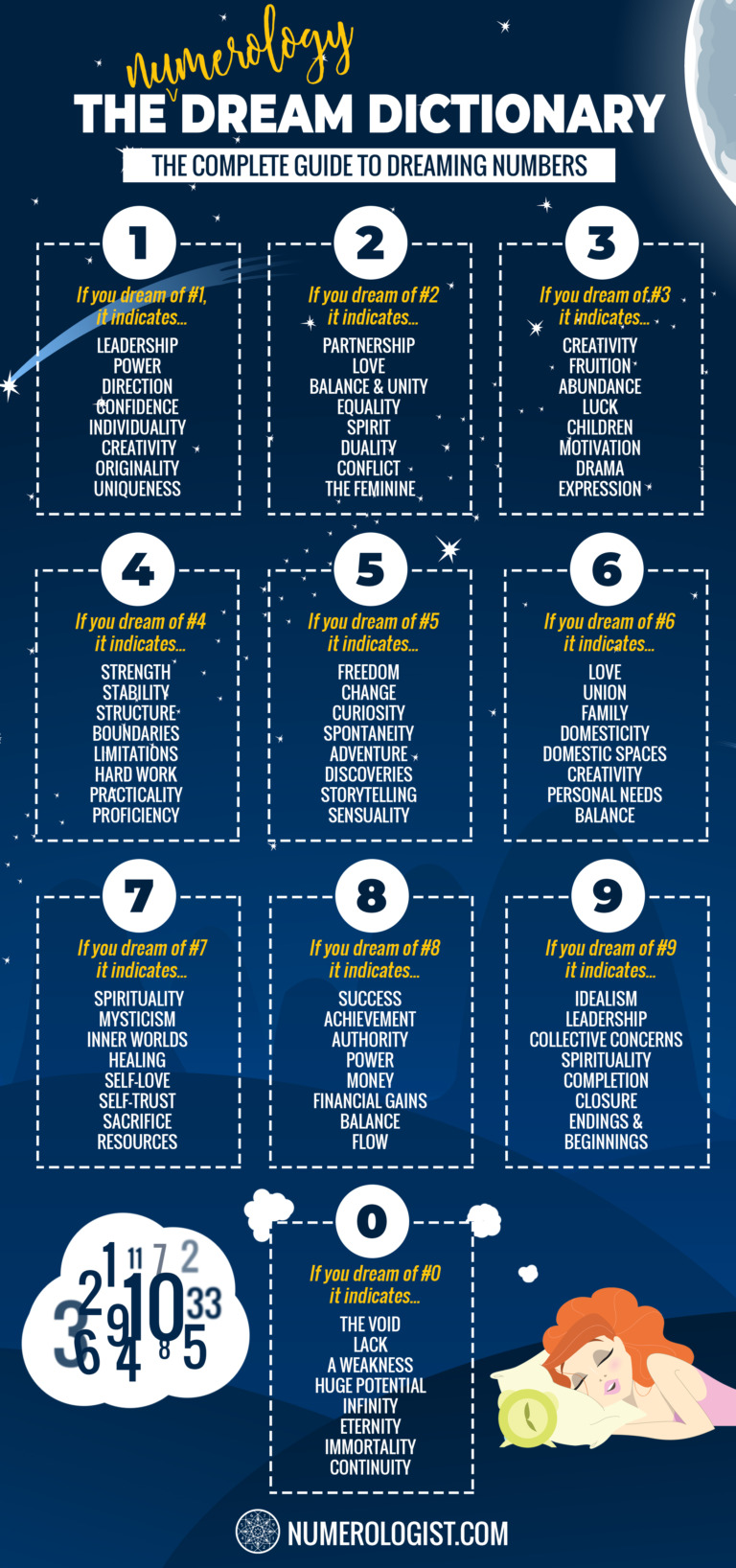
Dreams of searching for someone can often be interpreted as a desire to connect with the individual or to find a missing part of yourself. It can also be a reflection of the dreamer’s inner struggles or worries, and searching for someone can represent the need to find a solution to the problem.
The person being searched for in the dream can be a symbol of the dreamer’s true self, or it can represent a person in their everyday life that the dreamer is trying to connect with. In some cases, the individual being searched for could be a representation of a lost or forgotten idea or a new opportunity in life.
The environment of the dream can also provide insight into the meaning of the dream. For example, if the dream is set in a familiar place, it could represent the dreamer’s current situation, while a strange and unfamiliar environment could suggest a need for change.
When interpreting the dream, it’s important to take into account the feelings and emotions experienced during the dream. If the dreamer feels comfortable in the search, it could be a sign that the dreamer is on the right track and is making progress towards their goal. On the other hand, if the dreamer feels anxious or frustrated during the search, it could be a sign that there are obstacles or challenges that need to be overcome.
Overall, the dream of searching for someone can be interpreted in many different ways, depending on the context of the dream, the feelings experienced, and the individual being searched for.
Clinical Treatment for Dream Searching

Dream searching is a common practice to find a person who has gone missing. It is a form of psychotherapy that works on the principle of using dreams to access unconscious material in order to uncover hidden memories and information. Clinical treatment for dream searching involves the use of psychotherapy to help the person uncover memories and information related to the person being searched for. The therapist will use techniques such as dream journaling, imagery, hypnosis, and other therapeutic tools to help the person access memories related to the missing person. The therapist will also provide emotional support and help the person process any feelings of grief or guilt that may arise during the dream search process. Through this treatment, the person may be able to uncover memories or information that can lead to finding the missing person.
Cognitive Behavioral Therapy

Cognitive Behavioral Therapy (CBT) is a type of psychotherapy which focuses on helping individuals identify and change unhelpful or unhealthy thinking patterns and behaviors. This therapy helps individuals to better understand their thoughts and emotions, and how they influence their actions. CBT is based on the idea that our thoughts, feelings, and behaviors are all connected, and by changing one, we can influence the others. Through CBT, individuals can learn to recognize negative thinking patterns and replace them with more realistic and positive alternatives in order to improve their mental health. CBT can help people to better understand their dreams and how they may be affected by their current thoughts and behaviors. It can also help individuals to identify and address any underlying issues, such as anxiety or depression, which may be influencing their dreams. CBT can also help individuals to gain insight into their dreams and how they may be related to their current life situations.
Dialectical Behavioral Therapy
- Aims to identify and change negative thought patterns and behaviors.
- Teaches people how to regulate their emotions, cope with stress and improve their relationships.
- Involves individual therapy, group therapy and phone coaching.
- Uses cognitive and behavioral techniques to help people become more mindful and aware of their feelings.
- Teaches people how to identify and challenge irrational thoughts and beliefs.
- Encourages the use of problem-solving and communication skills to help manage difficult situations.
- Focuses on helping people learn how to accept themselves and others, as well as develop healthier relationships.
Interpersonal Psychotherapy
Interpersonal Psychotherapy (IPT) is a short-term, evidence-based treatment that focuses on interpersonal relationships and communication as a way of understanding and managing current difficulties. It was developed to treat depression, but has since been adapted to treat other mental health issues, such as post-traumatic stress disorder (PTSD) and anxiety. IPT focuses on the relationships between people, helping individuals recognize and understand patterns of behavior and communication in their relationships, and how these patterns may be contributing to their current struggles. Through IPT, individuals learn to identify and express their needs and thoughts in more effective ways, and develop better communication with those around them. IPT also helps individuals develop more meaningful and supportive relationships, which can be highly beneficial for mental health.
Frequently Asked Questions
What does it mean to dream of searching for someone?
Dreaming of searching for someone can represent your need for connection or reunion in waking life. It could be a sign that you are missing an old friend, a loved one, or even a part of yourself. Alternatively, it could be a sign that you are looking for something in your life that you have yet to find, such as a new hobby, a new job, or a new purpose. It could also symbolize a desire to find the truth or answer to a mysterious question.
What could be the Hidden Meaning Behind Dreams of Looking for Someone and Not Finding Them?
Dreams of searching for someone and not finding them can be symbolic of feelings of loneliness and insecurity. It could be a reflection of a fear of abandonment or a fear of not being able to form meaningful relationships. The dream may also suggest that there is some unresolved issue in the dreamer’s life that needs to be addressed. It could also be a sign of self-discovery, with the dreamer needing to take a journey of self-discovery in order to find the answers they seek.
Are there any interpretations for dreaming of searching for someone?
Dreaming of searching for someone can represent a desire to find a certain aspect of yourself or a desire to connect with someone in particular. It can also symbolize a need to explore new opportunities or a need for change in your life. Alternatively, the dream may be suggesting that you have lost your direction in life and need to find a way to get back on track.
How can I better understand the symbolism behind dreaming of searching for someone?
Dreams of searching for someone can often symbolize an unresolved issue in your life. It can indicate a longing for something, a desire for a better life, or a need for closure. To better understand the symbolism behind these dreams, it is important to consider the context of the dream, the feelings associated with it, and the characters or objects in the dream. By exploring these elements, you can gain insight into the message your subconscious is trying to convey.
Are there any tips for uncovering the hidden meaning of my dreams of searching for someone?
Keep a dream journal to record your dreams. Note down any symbols or patterns in your dream and consider what they may represent. Reflect on the emotions associated with the dream and what emotions you were feeling in your waking life. Analyze the setting and context of the dream and think about what might have been going on in your life that could be related to the dream. Consider the people in the dream and what their character might represent. Seek the help of a professional if you need extra help interpreting your dream.
Conclusion
Dreams can be powerful indicators of our unconscious thoughts and feelings. By understanding the hidden meaning of our dreams, we can gain insight into our deepest desires, fears, and insecurities. Through understanding of the symbols and images in our dreams, we can gain a better understanding of ourselves and our lives. By taking the time to reflect on our dreams and their meanings, we can make positive changes in our lives and become more in tune with our true selves.








